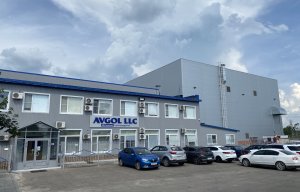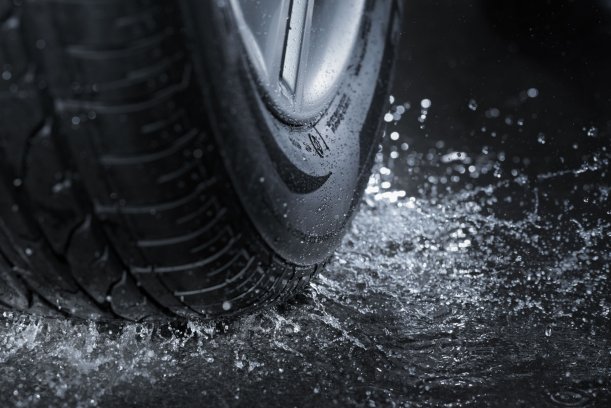
ISCC Plus for IVL plants
Enlarging a portfolio of mass balanced fibres and fabrics for the tyre and automotive industries.

4th September 2024
Innovation in Textiles
|
Bangkok, Thailand
Indorama Ventures has achieved ISCC+ certification for three more of its fibre manufacturing sites, to expand its range of sustainable products, including polyamide (PA) and PET polyester chips, fibres and fabrics.
A newly certified high-performance fibre portfolio will serve customers who require strong, durable technical yarns such as in the mobility, tyre cord, airbags, industrial and mechanical rubber goods sectors.
Mass balanced PA 6.6 and 4.6 will now be supplied from the company’s sites in Obernburg, Germany, and Pizzighettone, Italy. Developed in collaboration with key partners, these products match the performance of standard PA yarns while reducing greenhose gas (GHG) emissions by approximately 55% at the polymer level.
Bio-based high-tenacity PA 4.10 mass balanced yarn will be made in Obernburg for tyre cord and speciality applications. This 100% bio-content polymer is produced from bio-based sebacic acid and di-amino butane (DAB).
Mass balanced recycled PET yarns and tyre cord fabrics will also be offered from Indorama’s site in Kaiping, China.
“In addition to our already ISCC+ certified viscose yarn plant in Czech Republic, we are proud that we now have three more sites with ISCC+ Certification, thanks to the diligent efforts of our teams,” said Renato Boaventura, chief commercial officer at Indorama Mobility. “These certifications expand our portfolio of sustainable fibres for the tyre and automotive industries, including airbags. Our new range of recycled bio-polyamide and recycled PET will help our customers achieve their CO2 footprint goals with certified traceability of raw materials.”
Input and output balancing
Over the past few years, an increasing number of major manufacturers of fibres, textiles and nonwovens have opted to have their manufacturing plants and certain of their product ranges ISCC+ certified by International Sustainability and Carbon Certification (ISCC), headquartered in Cologne, Germany, enabling them to include volumes of chemically recycled ingredients in a final product’s stated recycled content.
In chemical production processes, input materials of different origins and characteristics, such as certified recycled materials and fossil feedstocks, are often mixed. This is particularly the case in industries with complex manufacturing processes where certified and non-certified materials cannot be processed in separate production lines.
Mass balance provides manufacturers with a methodology to track the certified materials as they move along the value chain and attribute the inputs, such as certified recycled monomers, to outputs of that production process through certified bookkeeping. Although the material’s physical features are mixed and cannot be told apart within the mix anymore, their sustainability and GHG emissions data remain assigned to the batches of materials in the bookkeeping.
This distinct accounting method verifies that the certified feedstock has replaced an equivalent quantity of fossil raw materials at the beginning of the supply chain and can be attributed to the product-to-be-sold, ensuring that both input and output are balanced.

Business intelligence for the fibre, textiles and apparel industries: technologies, innovations, markets, investments, trade policy, sourcing, strategy...
Find out more